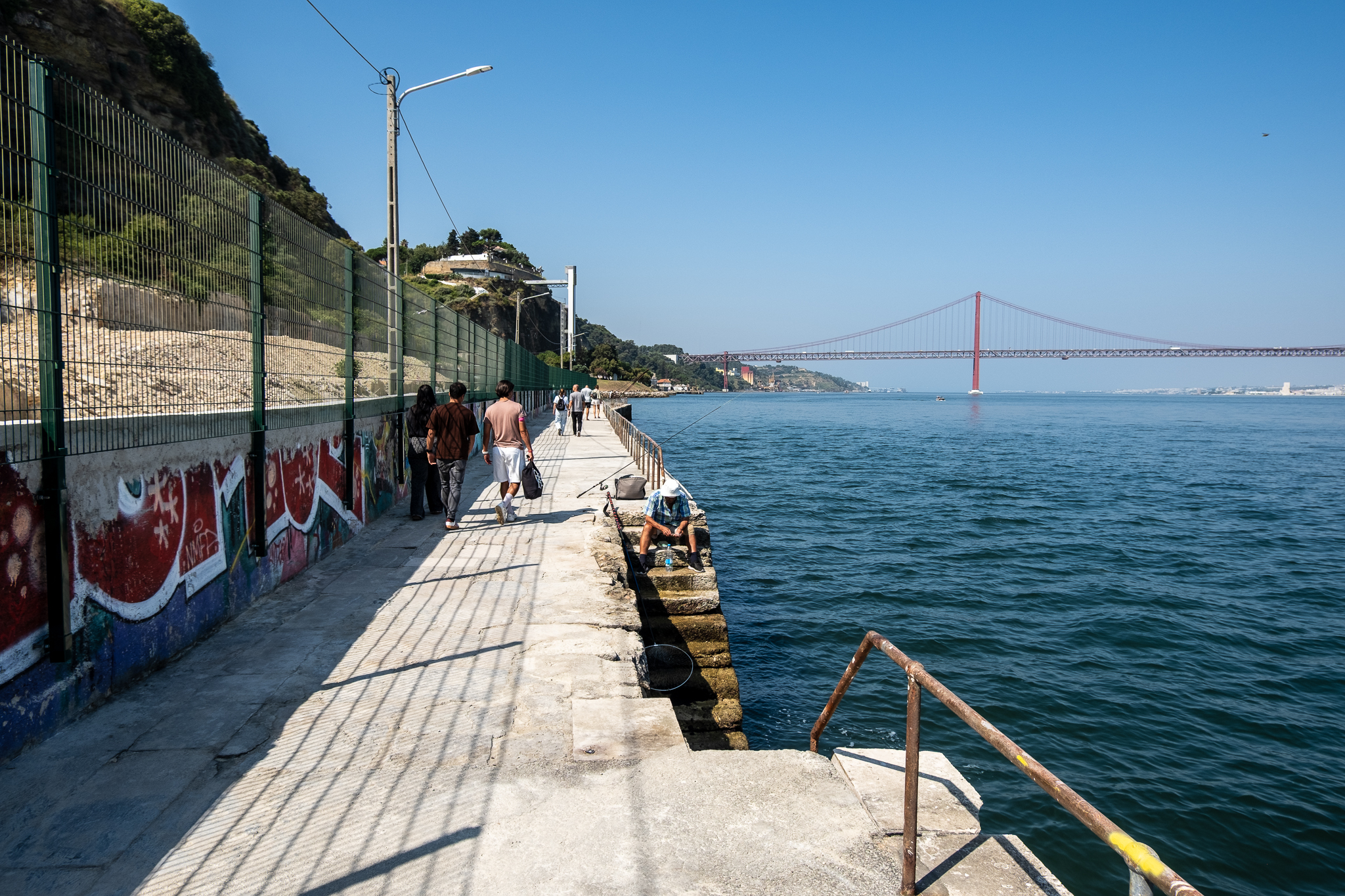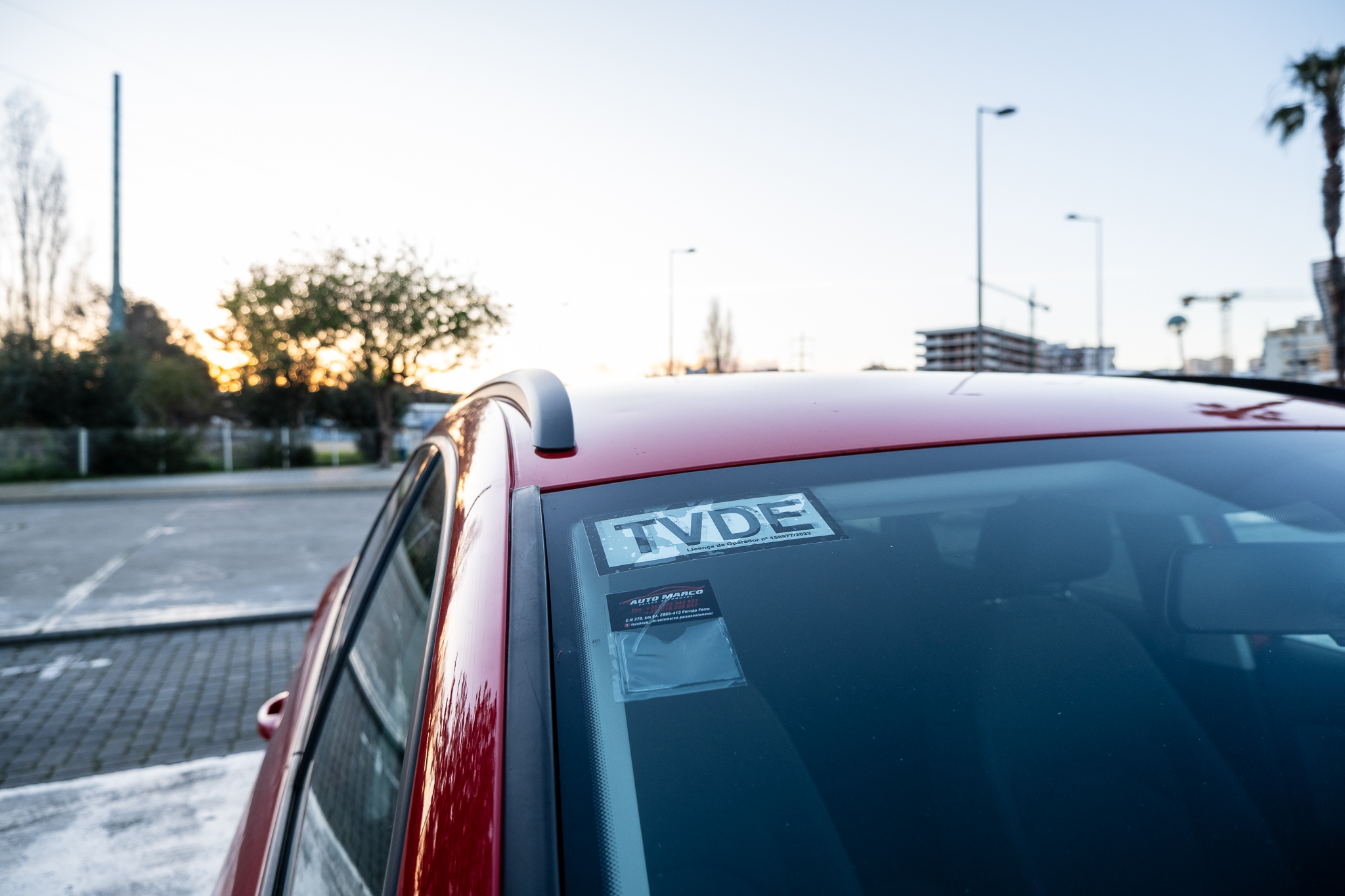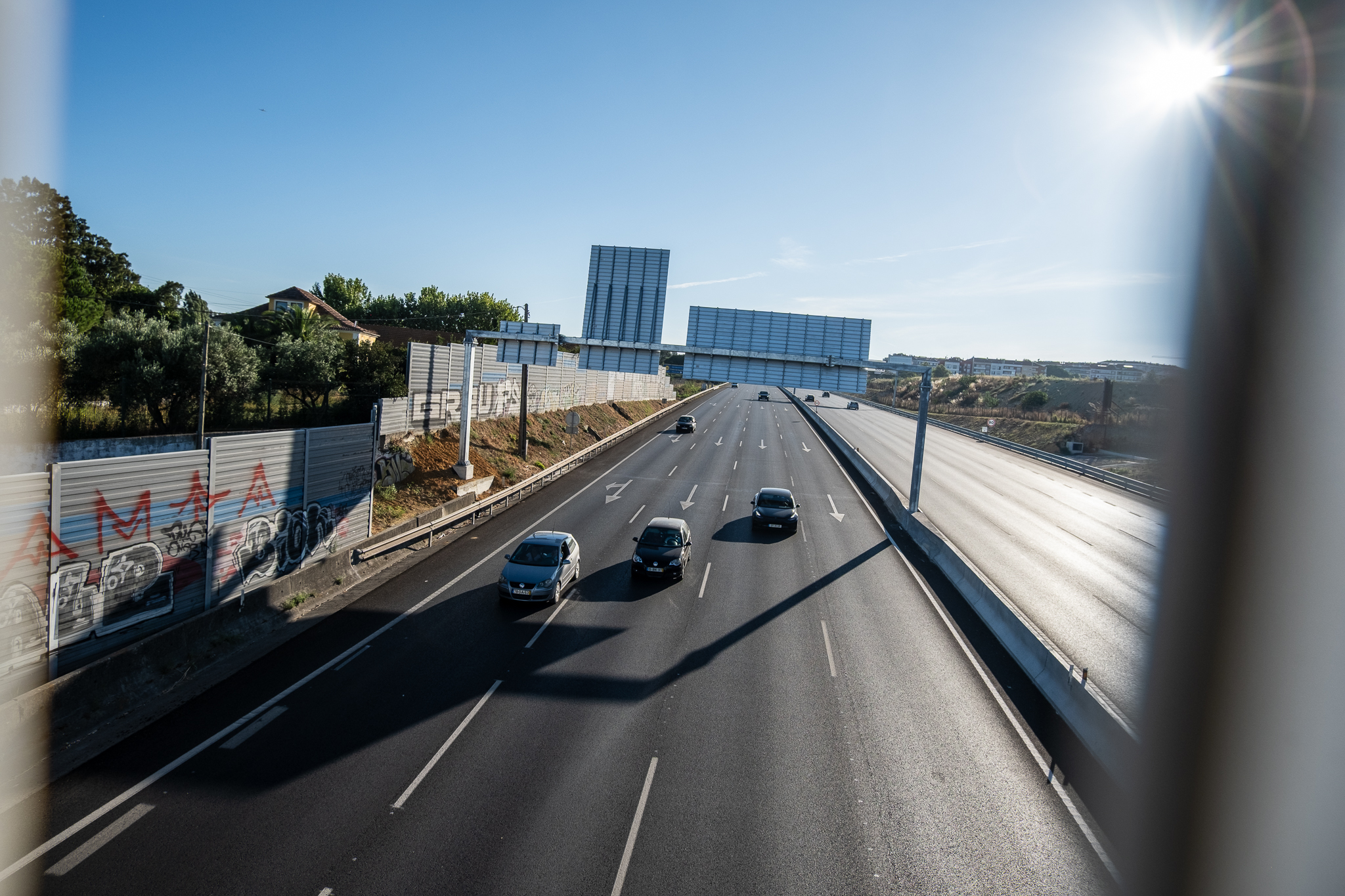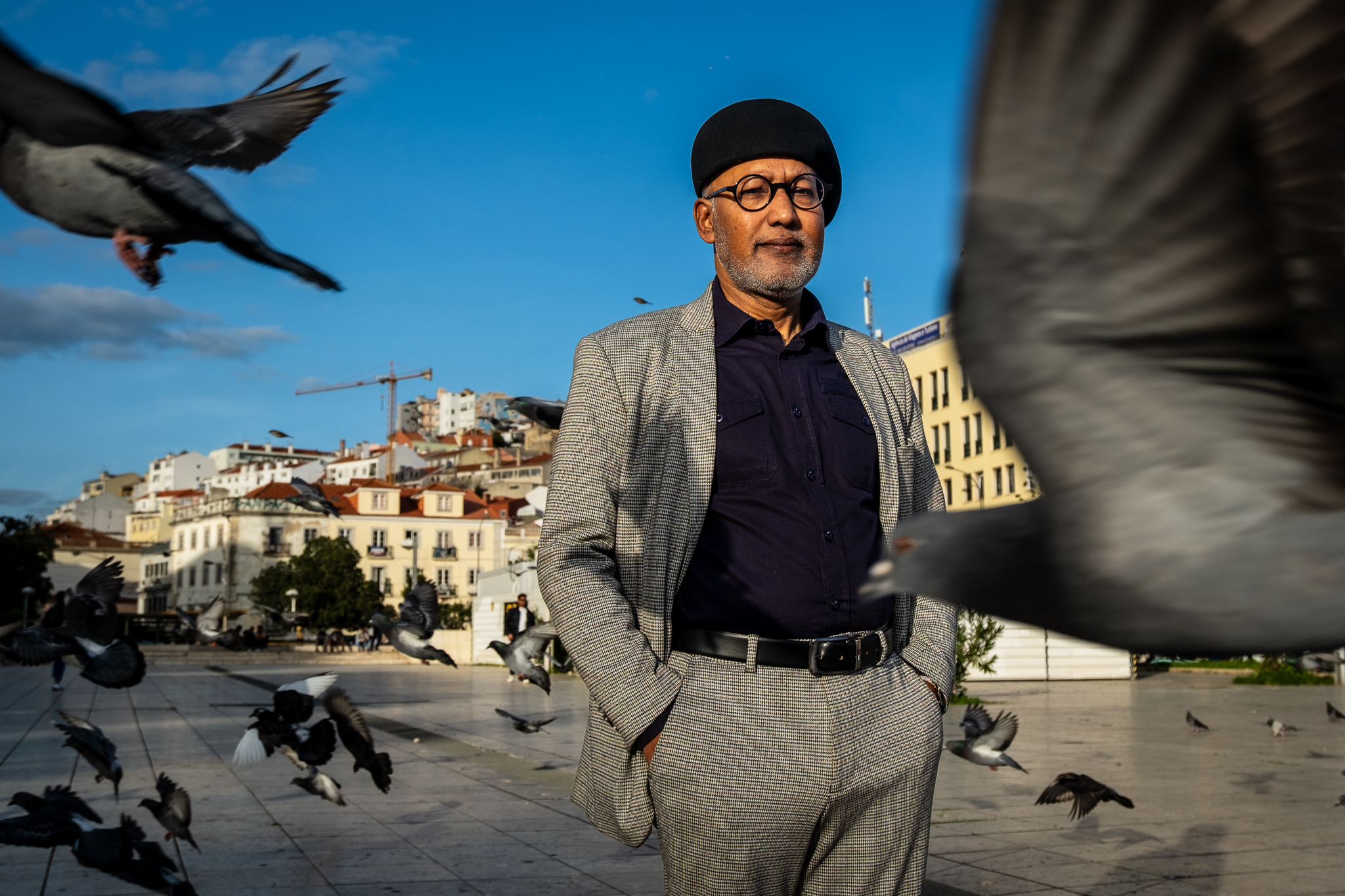At this moment, only Lisbon can supervise speeds in urban environments. The Secretary of State of Local Authorities wants to extend the competence to all the City Councils.

Only Lisbon can monitor the speed of drivers in an urban environment. But the Government wants extend this competence to the other 307 municipalities in the countryThe Secretary of State for Local Authorities, Carlos Miguel, announced this at the closing of a congress on pedestrian mobility that took place in Porto at the end of last week.
The capital is the only city in the country that has been able to install speed cameras. Having not done so in Zones 30, but on the city's major thoroughfares, the Lisbon Municipality registered a daily average of 1380 speeding violations in the first month and a half of activity. "Between June 1 and July 15, a total of 62,123 occurrences were recorded on the fixed radar system in Lisbon", referred to the mayor's office, Carlos Moedas, to the Lusa agency at the time. The 41 new radars in Lisbon went into operation on June 1st. Moedas has said on several occasions that we need ways to enforce speeding because it is not being enforced.
"I think it is urgent to install radars as a way to limit speed in urban space"said Carlos Miguel, cited by Público newspaper, considering that "the moment of pedagogy is gone". The Secretary of State for Local Authorities defended that the competence of inspection should pass to the City Councils, which can regulate parking, order traffic in the urban space and also define Zones 30. On this specific point, if the municipalities can define streets and neighborhoods where speed is limited to 30 km / h, they can not currently monitor compliance with this rule and penalize those who do not respect it by installing fixed radarsin cooperation with municipal inspectors or in collaboration with the PSP or GNR.
According to PúblicoThe transfer of powers from the central government to the municipalities is still in its infancy. There is a will to decentralize, there have already been conversations with the National Association of Portuguese Municipalities (which saw the idea "with good eyes"), but the measure has not yet been designed in detail, and this process will also involve the Ministry of Internal Administration (Carlos Miguel as Secretary of State for Local Authorities answers to the Ministry for Territorial Cohesion, headed by Ana Abrunhosa). Carlos Miguel believes that this phase of dialogue should be concluded by the end of the year, and then the process will go to the Council of Ministers.
Another idea on the table is to pass the competence of parking regulation for urban space to the Intermunicipal Communities (CIM) and Metropolitan Areas (AM), which could eventually allow, for example, the emergence of an EMEL for the entire AML, but also, in another example, have two jurists can handle the fines of 14 municipalities. "We will also have - and I'm not naive about this - political gains: we will no longer have mayors signing fine notices, but the secretaries-general of the CIM, who are someone not many people know"he told journalists. This proposal should go to a meeting of secretaries of state this week and then to the Council of Ministers.












